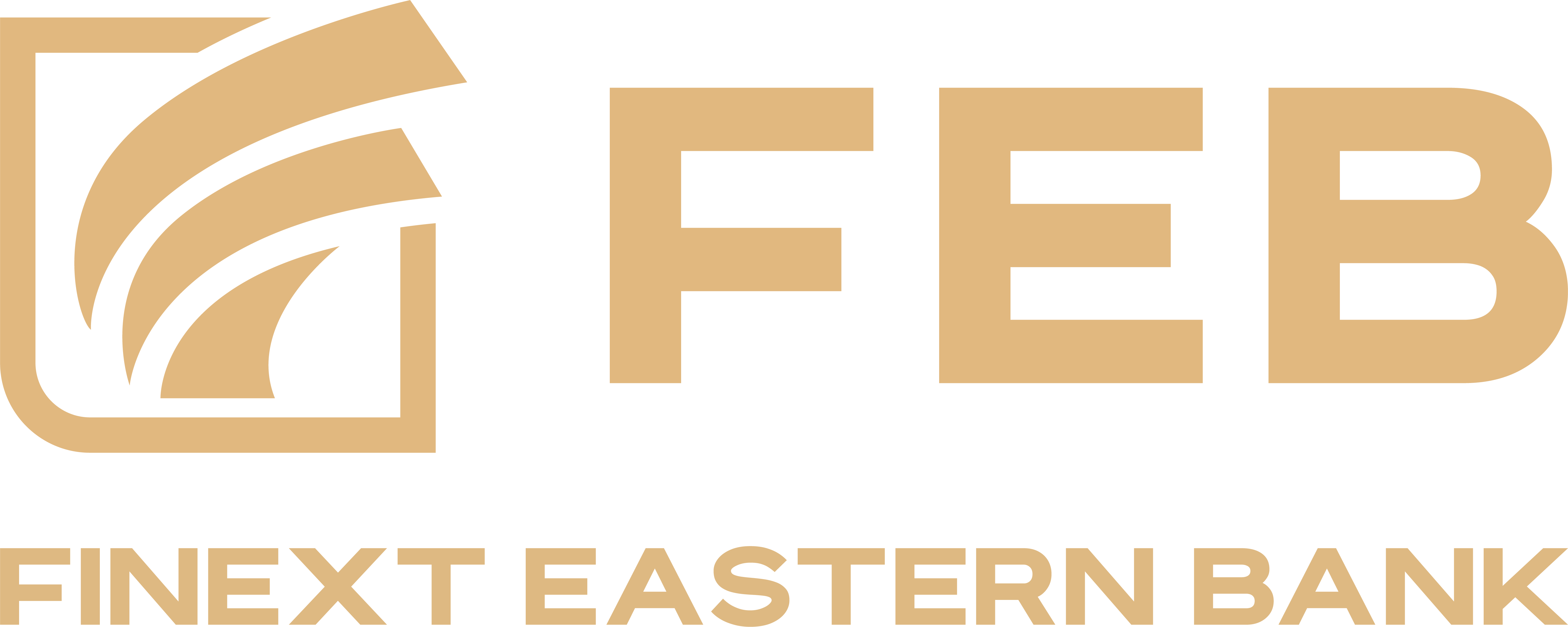With the global push towards sustainable development, there’s an increasing need for infrastructure that aligns with environmental, social, and governance (ESG) goals. One innovative approach gaining traction is Decentralized Physical Infrastructure Networks, or DePINs. These networks leverage blockchain technology to create decentralized, community-driven infrastructure, facilitating peer-to-peer transactions, encouraging renewable energy adoption, and enhancing community involvement.
What is DePIN?
At its core, a DePIN operates on a decentralized network where participants contribute resources such as land, power, or computing capacity. In exchange, they receive tokens that not only reward them for their contributions but also grant them voting rights in the network’s governance. This model promotes transparency, reduces dependency on centralized entities, and fosters collaboration, distinguishing it from traditional, centrally controlled projects.
Consider a renewable energy DePIN as an example. Picture a system where people share extra power from their solar panels. Blockchain technology tracks these energy contributions, and participants earn tokens as payment. These tokens can be used to purchase energy or traded for other goods and services, while token holders collectively decide on network policies, such as setting energy prices or expanding infrastructure. This collaborative approach creates a resilient, efficient, and community-driven energy system, directly supporting sustainability by promoting the use of renewable energy sources.
Diverse Applications
DePINs are not limited to energy networks; their applications span various sectors:
Cloud Storage and Server Networks: Decentralized storage solutions like Filecoin and Storj incentivize independent storage providers with tokens. These networks provide secure, cost-effective alternatives to traditional cloud storage, reducing the environmental footprint of large data centers. According to Technavio, the global cloud storage services market size is estimated to grow by USD 123.84 billion from 2024-2028, at a CAGR of 19.56%. Additionally, Filecoin’s network has grown to over 8 exabytes of storage capacity since its launch, reflecting its rapid adoption and scalability.
Wireless Networks: Wireless networks within the DePIN framework deliver vital connectivity services utilizing protocols such as 5G, Wi-Fi, and Bluetooth. These networks facilitate decentralized access to communication technologies, allowing communities to construct and oversee their own wireless infrastructure. The Helium network is one such example that decentralizes IoT connectivity, boasting nearly 1 million Hotspots within its network.
Sensor Networks: Sensor networks gather and analyze information from diverse sources like traffic updates, weather patterns, and street images. These networks function using nodes that are equipped with devices to collect and transmit data, aiding in real-time monitoring and decision-making. Projects like MapMetrics use blockchain technology to incentivize user participation in data collection, enhancing real-time monitoring and decision-making capabilities. The IoT Sensors Market size was valued at USD 13.92 billion in 2023, and the total IoT Sensors Market revenue is expected to grow at a CAGR of 29% from 2024 to 2030, reaching nearly USD 82.75 billion.
Benefits and Challenges
DePINs accelerate infrastructure development in a manner that is both cost-efficient and scalable, aligning with local market needs. Their decentralized nature ensures transparency and collective ownership, fostering trust and collaboration among participants. Additionally, DePINs support micro-payments and DeFi integration, promoting economic inclusivity and sustainability.
However, implementing DePINs presents several challenges. Technical hurdles include mastering blockchain technology and integrating it with existing systems. The regulatory landscape is also evolving, requiring careful navigation to ensure compliance. Furthermore, DePINs must compete with established Web2 giants and address complex incentive models to attract and retain participants.
Future Prospects
Looking ahead, DePINs have the potential to influence various sectors, including energy, telecommunications, data storage, cybersecurity, and AI development. By leveraging decentralized networks, these projects aim to drive innovation, efficiency, and sustainability. The global decentralized energy market, according to Market Research Pulse, achieved a valuation of USD 19.83 Billion in 2023 and is projected to reach USD 40.63 Billion by 2031, demonstrating a compound annual growth rate (CAGR) of 10.79% from 2024 to 2031. Despite the challenges, DePINs offer significant opportunities for businesses and investors to explore new approaches to infrastructure development, potentially leading to more sustainable and efficient systems.
In conclusion, DePINs represent a groundbreaking fusion of blockchain technology and physical infrastructure, driving a more resilient, transparent, and efficient approach to infrastructure development. Recent industry reports, such as those by Deloitte, suggest that decentralized networks can significantly reduce operational costs and improve service delivery speeds.
Case studies like that of Helium, which has seen significant increase in network participants over the past year, illustrate the rapid adoption and potential of DePINs. As these networks continue to evolve, they hold the promise of transforming multiple sectors, fostering innovation, and supporting the global transition towards more sustainable and equitable infrastructure systems. Embracing DePINs could be a pivotal step towards realizing a truly sustainable future, with substantial benefits for both the environment and the economy.
If you’re inspired by the potential of DePIN to build a greener, more sustainable future, let’s connect and explore how your business can be part of this transformative movement. Embrace the power of decentralized infrastructure networks and contribute to a world of efficient, resilient, and equitable systems. Together, we can shape the future of sustainable infrastructure!






